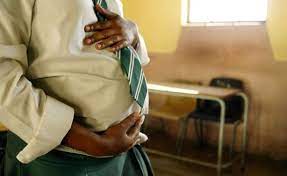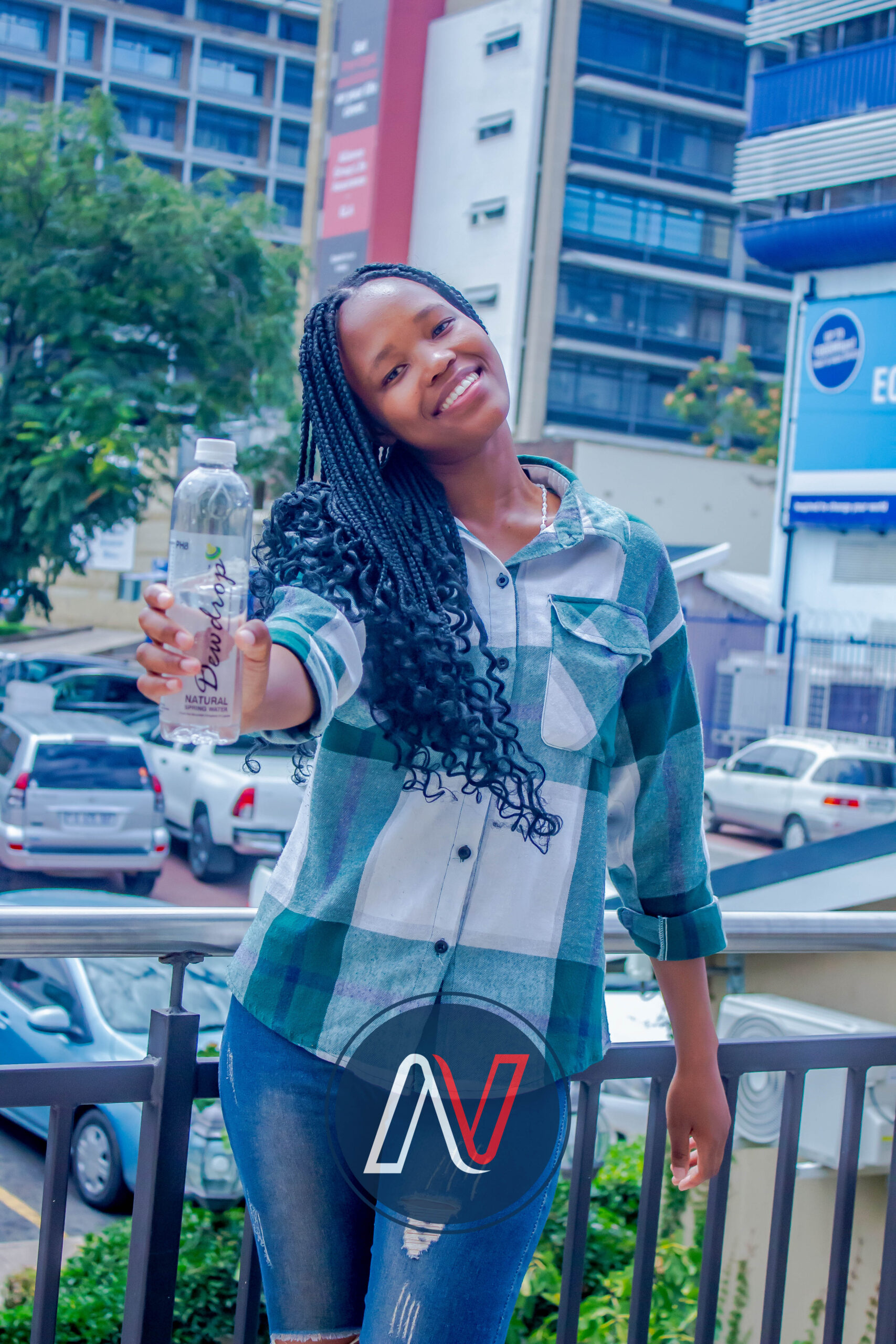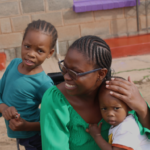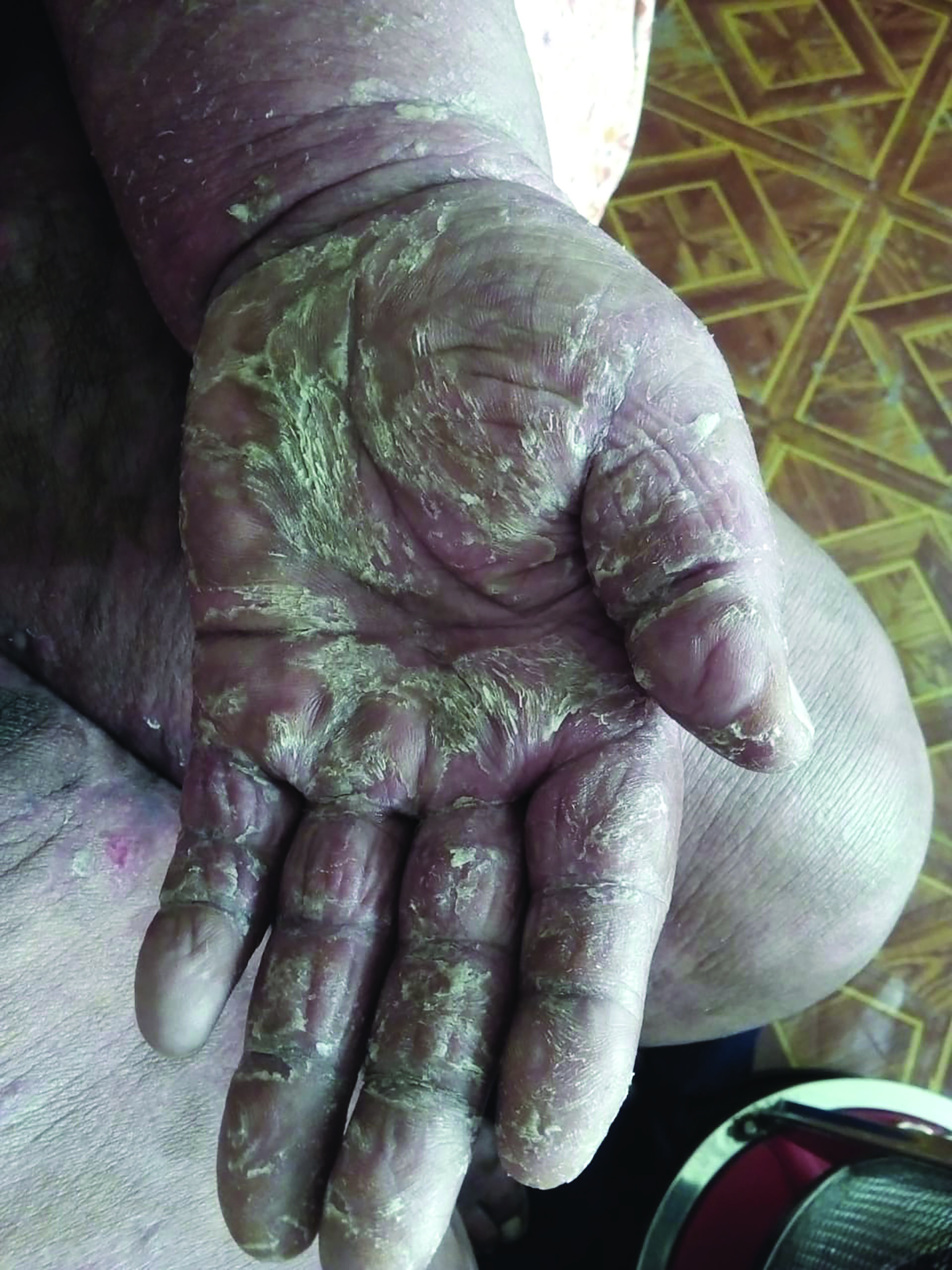Staff Reporter
Lirontšo Ranoka* and her friend arrive at the house. An elderly woman, around 70 years old, ushers them in. The old woman points to a room and tells the 22-year-old to make her way inside. The quaint space has nothing but a bed with a green towel spread across it.
“The towel had blood stains,†she recalls. “But I didn’t care at the time.†There are more pressing issues Ranoka needs to attend to, she thinks to herself.
“Do you need to pee before we begin?†the old woman asks. She orders Ranoka to undress and to lie astride on the soiled towel with legs akimbo. Ranoka obliges.
The woman puts on her plastic gloves which look like they have been used before. The old woman is a retired nurse, that is why Ranoka came to her, this seemed like the safest option for her desperate situation.
The former nurse takes out a tray of pills and inserts them into Ranoka’s vagina. She flinches from the discomfort.
Ranoka is having an abortion. But she is not in a sterile and safe environment. The old woman is not a registered health professional. The Lesotho legal system criminalises abortion and permits it only in cases of rape, incest or fetal impairment, this was not the case for Ranoka who simply did not want to have a baby with the man who had impregnated her.
The old woman instructs Ranoka: “You should go straight home and sleep to keep your body warm. The pills will start working within four hours and you will experience pains that feel like period pains,†she explains.
Unsafe abortions are the last resort
Ranoka and her friend return home. She takes the old lady’s number to update her about her progress. “A few hours after I got home I started feeling mild pains creeping in and then it escalated to an unbearable pain and then I started seeing blood,†she recalls.
“I contacted the old lady, who told me that blood was a good sign and that I should not think of going to the clinic or hospital no matter how severe the pain. She told me to call in the morning. I expected more blood, but she told me to wait at least another day to see what happens.â€
The next day Ranoka returns to the house again.
“She inserted the speculum and examined me. She said my uterus had closed and the pills failed to penetrate the womb and that is why the pills didn’t work,†she remembers. “From that moment I started doubting whether I will get the help I need.â€
The woman gives Ranoka an injection and tells her that if the pregnancy doesn’t start expelling she would need to come back, again. The retired nurse is just as baffled as Ranoka because she successfully terminated four other pregnancies that day.
“I was shocked to learn that so many people were flocking to her for abortion services,†Ranoka says.
The Penal Code Act of 2010 generally criminalises abortion and any person who willingly causes or induces the termination of a pregnancy commits an offense and can face imprisonment of up to three years. But abortion is allowed under certain circumstances such as a pregnancy resulting from rape or incest. An abortion can also be performed in cases where the life of the pregnant person is in danger or serious congenital problems, but the medical practitioner is required to obtain a written opinion from another registered medical practitioner that states that the abortion is necessary.
“Abortion is, thus, legal under very particular circumstances, with proof of legality required to avoid legal sanction (‘defence to a charge’). Despite this, there are no national guidelines on safe abortion or post-abortion care. References to abortion do, however, appear in a number of policies and plans,†a 2020 study published in the Global Public Health explains.
Lesotho’s restrictive abortion laws coupled with an ailing healthcare system with a high patient load and staff shortages, as well as healthcare workers who are not trained in performing abortions, exacerbate matters, particularly for girls and young women, the study states.
“…the absence of family planning services at facilities owned by the Roman Catholic Church [which] forms part of the Christian Health Association of Lesotho (CHAL) is the second-largest provider of health services in Lesotho, providing services to an estimated 40% of the population, largely in rural areas. Despite family planning being described as a fundamental right and a service that should be accessible to all who need it, CHAL does not provide these services.â€
Additionally, the Lesotho government heavily depends on donor funding for sexual and reproductive health services which often results in donors imposing limiting conditions, the study states.
For years, Fako Moshoeshoe, who was member of the recently dissolved parliament, has been advocating to expand Lesotho’s abortion laws. He was the chairperson of the Parliamentary Portfolio Committee on the Social Cluster, he believes that decriminalising abortions is the best way forward for the country.
“We advocate for safe abortions and a safe abortion can only be done when termination of pregnancy is legal. If we were in a better financial climate, we would have already begun with our advocacy journey going out into communities to educate people about the advantages of safe abortion and the disadvantages of unsafe abortion,†he explains.
Fako says he often goes on a media tour advocating for safe abortion and says the majority of the audience responds positively and welcomes a change in the country’s abortion legislation. But religious and cultural beliefs still remain a critical challenge. “More needs to be done in an endeavour to convince part of the public to compromise their beliefs for the sake of having good laws and saving lives,†he said in October during a meeting with the Network of African Parliamentary Committees of Health.
Termination of pregnancy at all costs
Ranoka realises that the old woman cannot help her and although she paid M1500 (R1500). She finds another unsafe abortion provider, a man who operates from an inconspicuous shack next to a taxi rank in Lepoqong, in the capital Maseru.
“The inside did not have sufficient light it was a little bit dark. My friend explained everything to him on my behalf. The man said my first procedure was probably unsuccessful because I was not given enough dosage,†she recalls.
The man instructs her to go to the back part of the shack where it was even darker.
“The only thing that was in the back was a bench. Like the old lady, he instructed me to pull down my pants and lay down on my back on the bench while lifting up my knees. He put on his gloves and shoved pills inside my vagina saying he has to do it himself because he knows where exactly to place them.â€
Ranoka starts to feel pains around her waist area and within short time blood started flowing out.
“I was excited that it was finally working but the pain was unbearable to a point where for one moment I thought I had made a wrong decision. The following day I saw blood clots which were to be a sign that the abortion was successful according to what I was told. I felt somehow relieved but some part of me was guilty,†she says.
The United Population Fund (UNFPA) Assistant Representative Mots’elisi Molorane Phakisi says there are efforts to educate the youth on HIV education, unplanned or unwanted pregnancies, family planning (contraception) and the dangers of unsafe abortion.
She adds that comprehensive Sexuality Education and advocacy for adolescent-friendly sexual and reproductive healthcare services are crucial to this education. However, there are still some gaps that need to be bridged.
The latest UNFPA State of World Population Report does not advocate for abortion legislation development but shows that most unintended pregnancies result in unsafe abortion, she explains.
“It rather advocates for the elimination of GBV and child marriages, strengthened youth-friendly sexual and reproductive healthcare services, the promotion of Comprehensive Sexuality Education and conducive grounds for interventions that reduce unmet need for family planning.â€
Ranoka says she knew that she could be arrested for seeking out an abortion in Lesotho, but she had no other choice because having a baby was not an option for her.
“There was no doubt in my mind about what I was going to do after I found out. I was in no way prepared to have a child.â€
Summary
- The Lesotho legal system criminalises abortion and permits it only in cases of rape, incest or fetal impairment, this was not the case for Ranoka who simply did not want to have a baby with the man who had impregnated her.
- “I contacted the old lady, who told me that blood was a good sign and that I should not think of going to the clinic or hospital no matter how severe the pain.
- An abortion can also be performed in cases where the life of the pregnant person is in danger or serious congenital problems, but the medical practitioner is required to obtain a written opinion from another registered medical practitioner that states that the abortion is necessary.

Your Trusted Source for News and Insights in Lesotho!
At Newsday Media, we are passionate about delivering accurate, timely, and engaging news and multimedia content to our diverse audience. Founded with the vision of revolutionizing the media landscape in Lesotho, we have grown into a leading hybrid media company that blends traditional journalism with innovative digital platforms.










